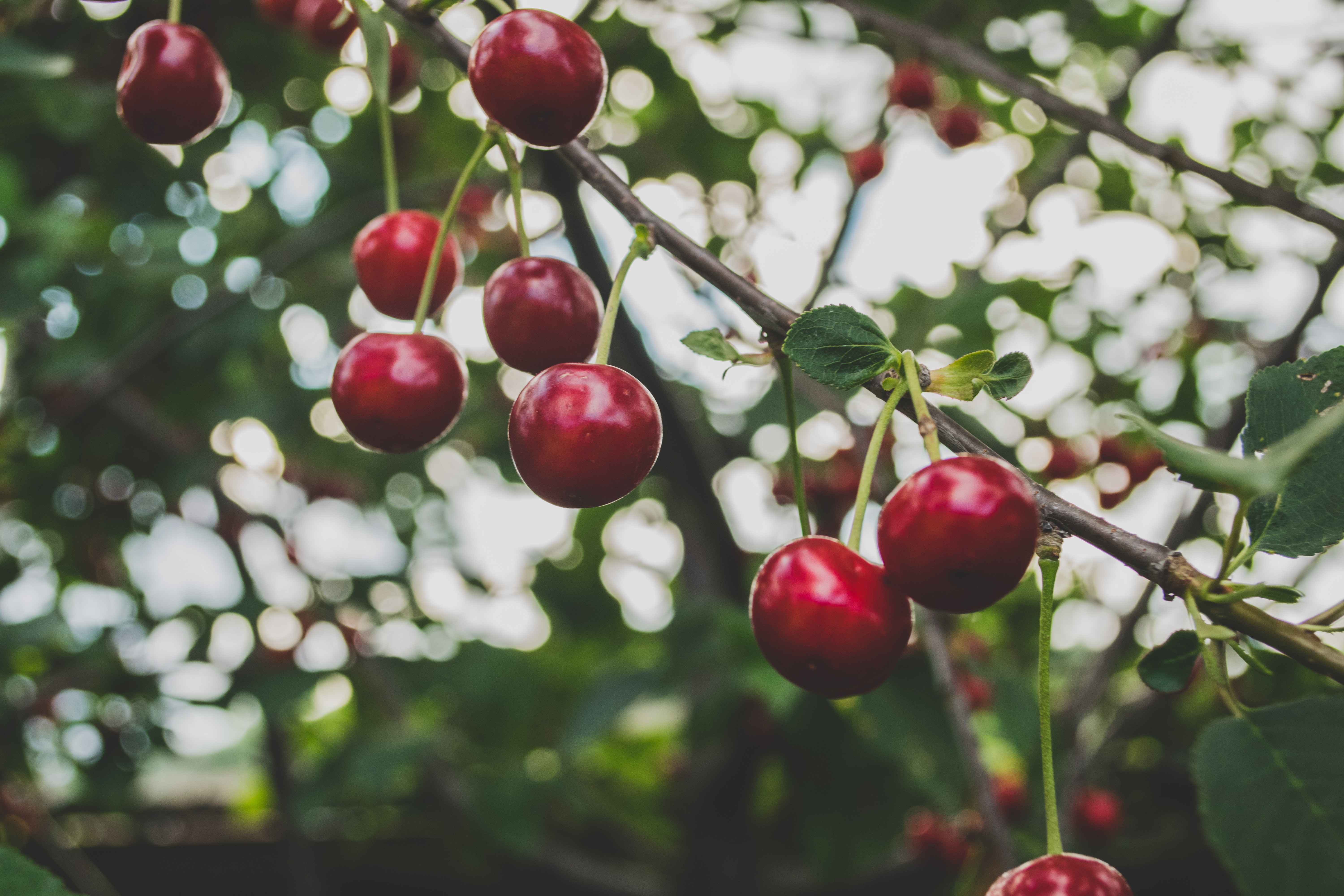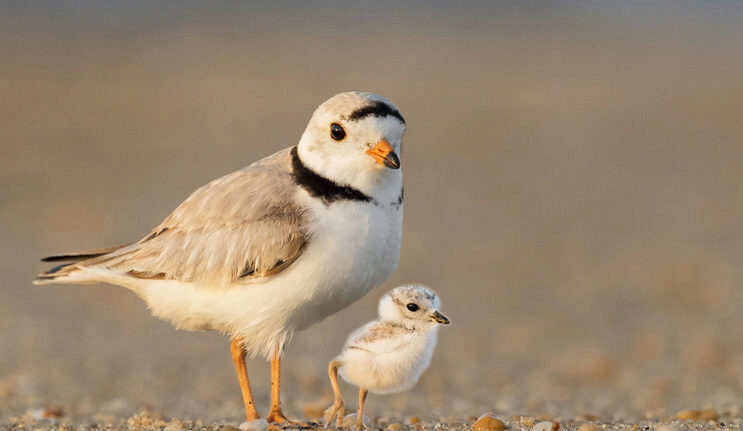
by Natalie Hart | Sep 8, 2021 | Uncategorized
The Hine’s emerald dragonfly has bright emerald-green eyes, a metallic green body with yellow stripes, and a 3.5-inch wingspan. They are found in spring-fed wetlands in Michigan, but they are endangered. This dragonfly goes through a long nymph period: it lives under water for up to 5 years after hatching, shedding its skin many times as it grows. When it emerges, shedding its skin one more time to become a flying adult, it will only live 4 -5 weeks. It is considered endangered mostly because humans keep changing their habitats, draining wetlands and building on them. According to the U.S. Fish and Wildlife Service, “Contamination of wetlands by pesticides or other pollutants also poses a threat. The dragonfly depends on pristine wetland or stream areas, with good water quality, for growth and development.” Go here to find out more. Let’s pray that people will pay more attention to the needs of the Hine’s emerald dragonfly and other wetlands animals when we’re looking for places to build. And let’s pray that we can find healthier ways of managing lawns and farms that don’t use so many...

by Natalie Hart | Sep 7, 2021 | Uncategorized
One of our Grace members asks us to pray for and about dahlias today. There are a few Grace folks who grow dahlias, who know all about this spectacular bit of creation, their layered beauty, their extravagance of color and form. And the work is takes to ensure that they survive the winter. Today, we are grateful to God for dahlias and for those who tend them–may all their bulbs...

by Natalie Hart | Sep 7, 2021 | Uncategorized
One of the children of Grace asked for us to pray for cherry trees. Whether the cherry tree you think of when you pray is ornamental or edible fruit-producing, cherry trees are one of the glories of Creation. We are grateful for these beautiful trees that give us so many good gifts. Give thanks to God and pray for the health of any cherry trees you know (including the ones in the Grace parking lot, which got a serious pruning...
by Natalie Hart | Sep 4, 2021 | Uncategorized
Our first Sunday of Creation Season, we will pray for the Plaster Creek Stewards: Plaster Creek Stewards is a collaboration of Calvin University faculty, staff, and students working with local schools, churches, and community partners to restore the health and beauty of the watershed. We focus on research, education, and on-the-ground restoration (working directly to restore the watershed). Grace is one of the churches they’ve worked with! We partnered with them on our Sacred Grounds project, so now the garden surrounding the parking lot is full of Michigan native species of plants, and a few dozen church members have gotten to participate in the planting and upkeep. Some of our members have also been lucky enough to work with them on curb gardens, so instead of grass that needs water and often contributes to chemical runoff into our streams, their curb gardens now help filter and slow down the rain running into the sewers and streams. Plaster Creek Stewards’ tagline is, Loving our downstream neighbor. Let’s pray that their mission catches on all over West Michigan so we can all love our downstream neighbor and make decisions about lawncare and sustainability that will help, not...

by Natalie Hart | Sep 2, 2021 | Uncategorized
Today’s Creation Season prayer item is the piping plover. Isn’t it adorable?! Even its scientific name is fun to say: Charadrius melodus. It is also endangered here in Michigan. The U.S. Fish and Wildlife Service says this: “The piping plover is a small shorebird and its Great Lakes Population is on the brink of extinction. When first listed as endangered in 1986, only 17 pairs nested in Michigan. Numbers have increased since then and piping plovers have expanded their range back into Wisconsin, Illinois, and Ontario, Canada; although in small numbers.” The MSU Extension describes the steps people and governments can take to protect the piping plover: “Habitat destruction, habitat alteration and human development of shorelines has resulted in the extirpation of Piping plovers from most formerly occupied Great Lakes states. Marina construction, inlet dredging, and artificial structures such as breakwalls, can eliminate breeding areas and disrupt natural processes that maintain shoreline habitats. Local planning and zoning boards can address this problem by incorporating shoreline protection and Piping plover habitat needs into land use plans and permitting processes. It is very important to protect current and historical nesting habitat, as well as potential breeding sites to allow population growth and to support the population in the future.” We can pray for the piping plovers that are in Michigan, thank God that their numbers are increasing, and ask that people will continue to act in ways that will protect this lovely little shorebird. Listen to its call: Watch how fast it can...






Recent Comments